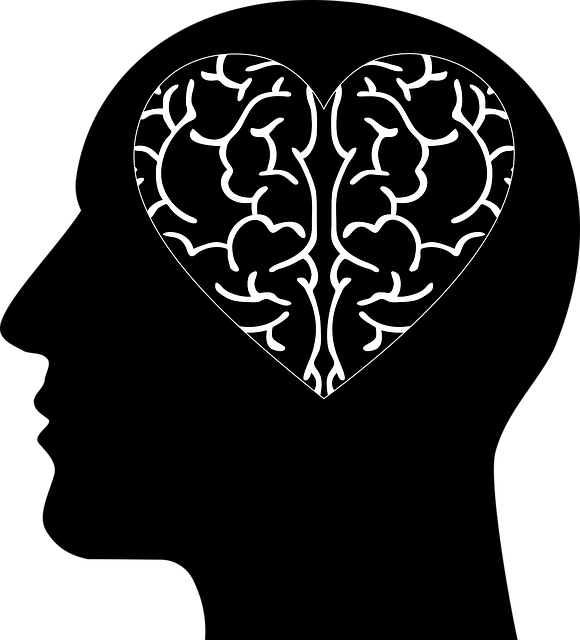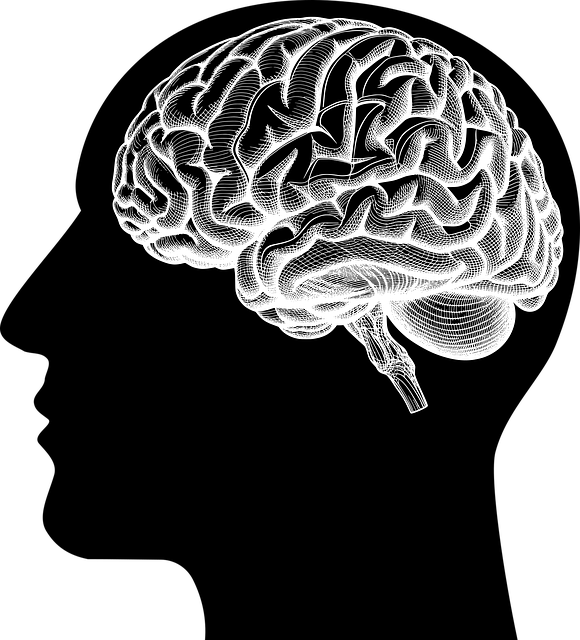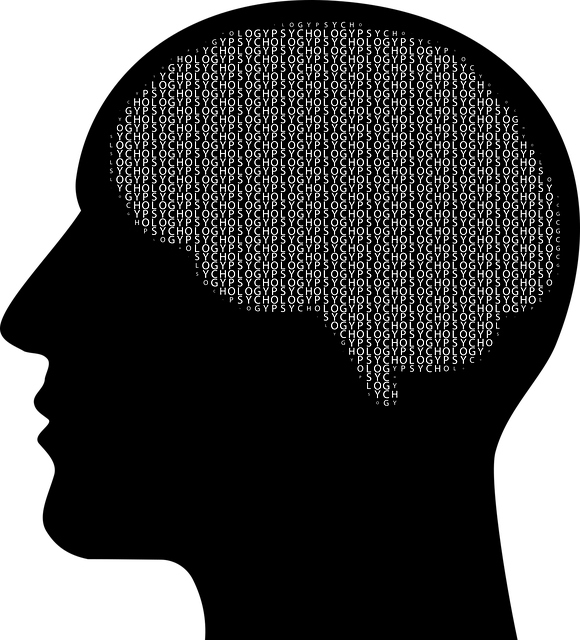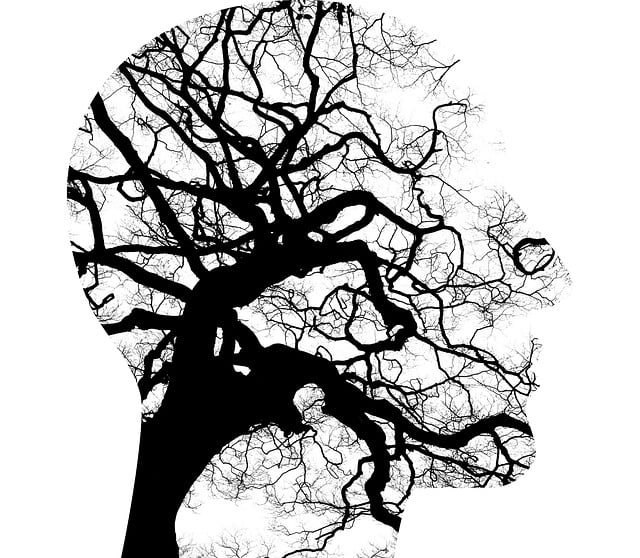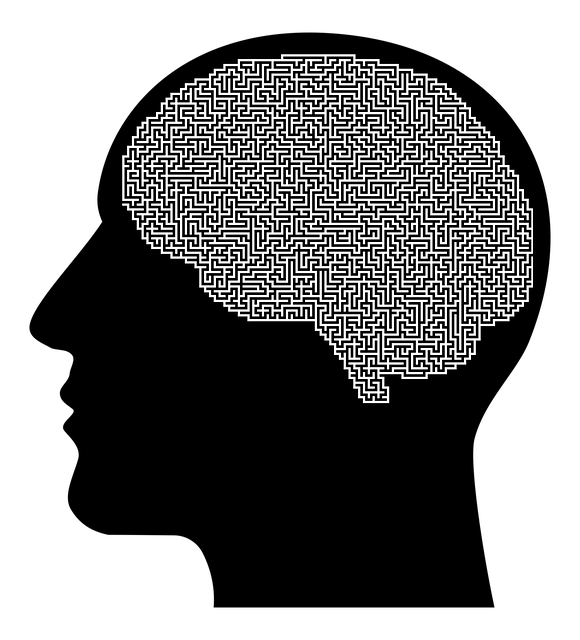Misdiagnosis in mental health care, particularly for co-occurring disorders, is a significant challenge leading to delayed treatment and adverse outcomes. Wheat Ridge Terminal Illness Therapy focuses on accurate assessments through compassion cultivation, mental wellness journaling, and safe spaces for patient storytelling. They offer resources like the Mental Wellness Podcast Series, Mood Management strategies, and Coaching Programs Development to enhance diagnosis accuracy, ensuring effective support tailored to individual needs.
Mental illness diagnosis accuracy is a critical aspect of patient care, especially at facilities like Wheat Ridge Terminal Illness Therapy. Misdiagnosis can significantly impact individuals’ well-being and treatment journeys, leading to frustration, ineffective treatments, and potential mental health deterioration. This article explores the challenges, including common misdiagnosis reasons, and offers solutions through advanced technologies, evidence-based therapies, and enhanced professional training. By focusing on these strategies, we aim to improve diagnosis accuracy at Wheat Ridge Terminal Illness Therapy and similar institutions.
- Understanding the Challenges: Misdiagnosis and Its Impact
- – Exploring common reasons for misdiagnosis in mental health
- – The effects of inaccurate diagnoses on patients' well-being and treatment journeys
Understanding the Challenges: Misdiagnosis and Its Impact

Misdiagnosis is a significant challenge in mental health care, often leading to delayed treatment and adverse outcomes for individuals struggling with terminal illness. The complexity of mental wellness symptoms can make it difficult for even the most seasoned professionals to accurately assess and diagnose conditions, especially when co-occurring disorders are involved. This is particularly relevant in the context of Wheat Ridge Terminal Illness Therapy, where the primary goal is to provide tailored support for severe mental health cases.
The impact of misdiagnosis is profound. It can result in ineffective treatment plans, causing further distress for the patient and potentially leading to a decline in their mental wellness. For instance, someone experiencing anxiety symptoms might receive a depression diagnosis, leading to inappropriate medication and therapeutic interventions. Compassion cultivation practices and mental wellness journaling exercises guidance, when integrated into therapy, can aid in early detection by encouraging self-awareness and communication, thereby reducing misdiagnosis rates and enhancing overall care effectiveness.
– Exploring common reasons for misdiagnosis in mental health

Mental health professionals often face challenges when it comes to accurate diagnosis due to a multitude of factors. One significant reason for misdiagnosis is the complexity and wide-ranging nature of mental illnesses themselves. Symptoms can vary greatly between individuals, even those with the same disorder, making it difficult to apply one-size-fits-all approaches. Additionally, many conditions share similar indicators, leading to potential errors if not thoroughly assessed. For instance, depression can present as anxiety in some cases, complicating the diagnostic process.
Another aspect to consider is the patient’s history and personal experiences. Life events, traumas, and self-care practices can influence symptom expression. Some individuals might suppress or mask their true feelings due to fear of stigma, which could alter the course of a proper diagnosis. In such scenarios, providing a safe space for patients to share their stories, while incorporating effective stress management techniques and trauma support services like those offered at Wheat Ridge Terminal Illness Therapy, becomes essential in uncovering the root causes and ensuring accurate assessments.
– The effects of inaccurate diagnoses on patients' well-being and treatment journeys

Inaccurate mental illness diagnoses can profoundly impact patients’ well-being and treatment journeys. When individuals are misdiagnosed, they may receive ineffective or inappropriate treatments, leading to delayed recovery and potential exacerbation of symptoms. This can cause significant distress, frustration, and a loss of hope for many, especially when the correct diagnosis could have offered more targeted and beneficial therapeutic approaches. For instance, a patient struggling with anxiety might be mistakenly diagnosed with depression and thus prescribed antidepressants that do not address their specific needs.
At Wheat Ridge Terminal Illness Therapy, we recognize the critical importance of accurate diagnoses. Our Mental Wellness Podcast Series Production and Mood Management strategies are designed to enhance diagnosis accuracy by providing resources for both patients and mental health professionals. Additionally, our Mental Wellness Coaching Programs Development focuses on fostering a comprehensive understanding of various mental health conditions, enabling more precise evaluations and tailored treatment plans. By prioritizing accurate diagnoses, we aim to ensure that every patient receives the most effective support for their unique mental wellness journey.
Mental illness diagnosis accuracy is a critical aspect of patient care, directly impacting their well-being and treatment outcomes. By recognizing the common pitfalls leading to misdiagnosis, as highlighted in this article, healthcare professionals can strive for improvement. At Wheat Ridge Terminal Illness Therapy, we emphasize the importance of comprehensive evaluations and continuous training to enhance diagnostic precision. Through such efforts, we aim to ensure patients receive timely, accurate diagnoses, paving the way for personalized and effective treatment journeys.

